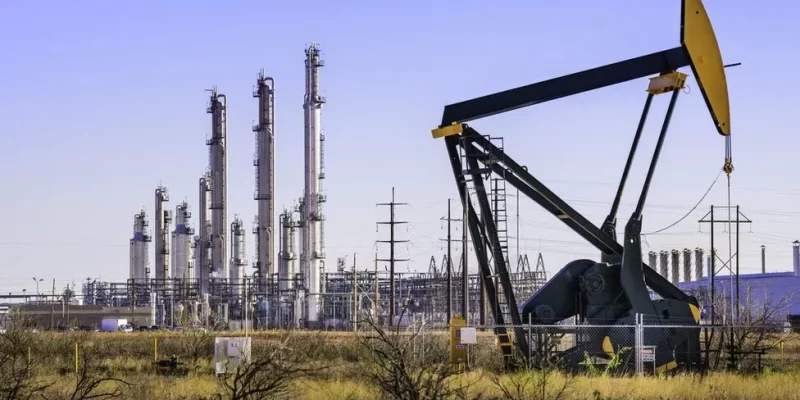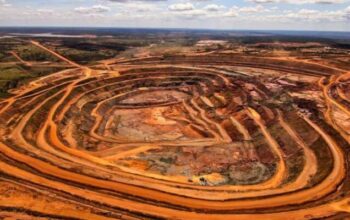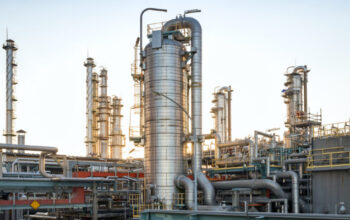At its April 11 Council of Ministers meeting, the Democratic Republic of Congo (DRC) approved a draft decree granting petroleum rights directly to the state-owned Société Nationale des Hydrocarbures du Congo (Sonahydroc).
This decree establishes the legal and fiscal framework for the transfer, aligning with the country’s oil and gas law enacted on August 1, 2015.
The move signals a renewed push by the DRC to revitalize oil exploration and increase domestic production, aiming to better capitalize on its untapped hydrocarbon potential.
The plan includes the immediate allocation of blocks 1 and 2 in the Albertine Graben to Sonahydroc under service contracts.
Unlike production sharing agreements, service contracts offer more favorable tax terms and eliminate signing bonuses, making them more appealing to foreign investors.
Once the rights are awarded, Sonahydroc will work with both local and international partners to develop these blocks.
Since July 2022, the DRC has sought to attract investment for 27 oil blocks. However, after canceling a previous tender in October 2024, the Ministry of Hydrocarbons announced a relaunch in early 2025, focusing on restricted tenders for strategic areas.
The direct award of rights to Sonahydroc reflects a broader shift toward enhanced state control in the sector.
This approach aligns with Prime Minister Judith Suminwa’s recent call for better coordination in block allocation and a stronger governmental role in managing the nation’s oil resources.
Estimates of the DRC’s oil reserves remain inconsistent. The presidency cites a potential of 22 billion barrels across 27 blocks, while other sources suggest closer to 5 billion barrels.
The CIA World Factbook lists proven reserves at just 180 million barrels.
![]()




